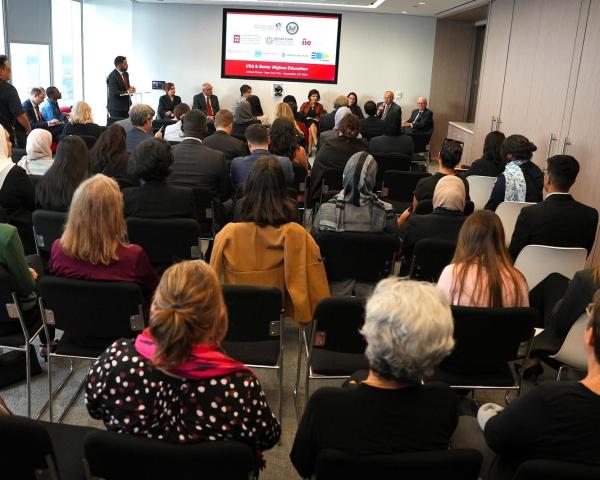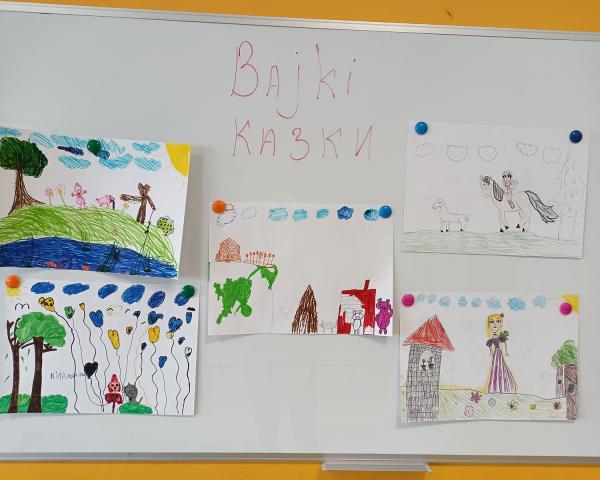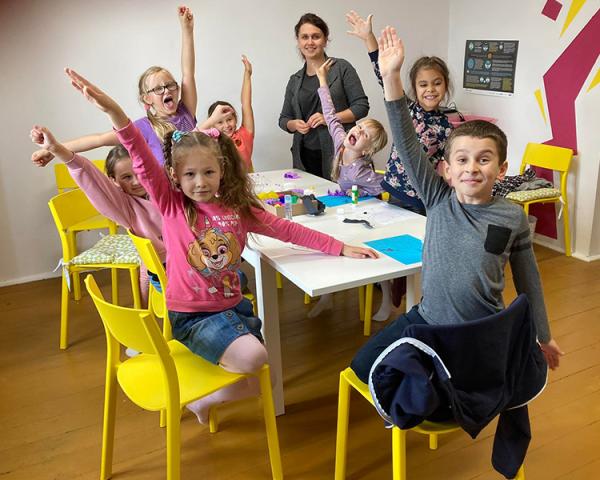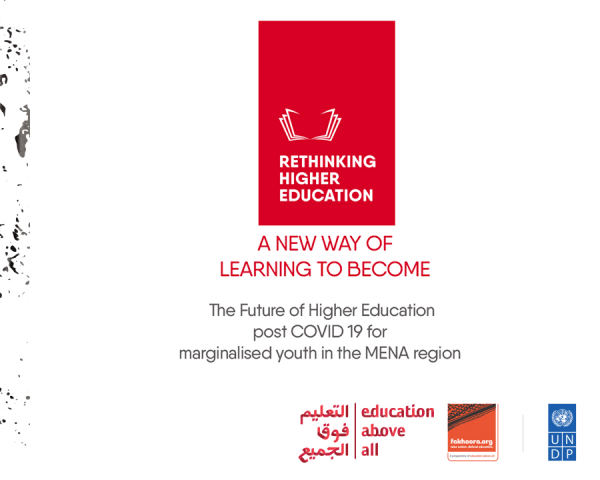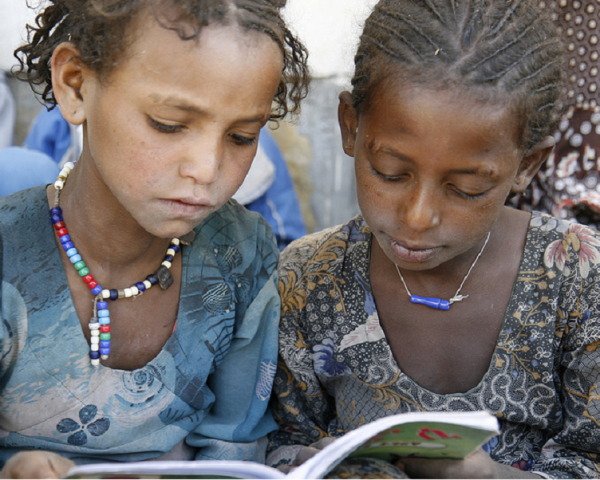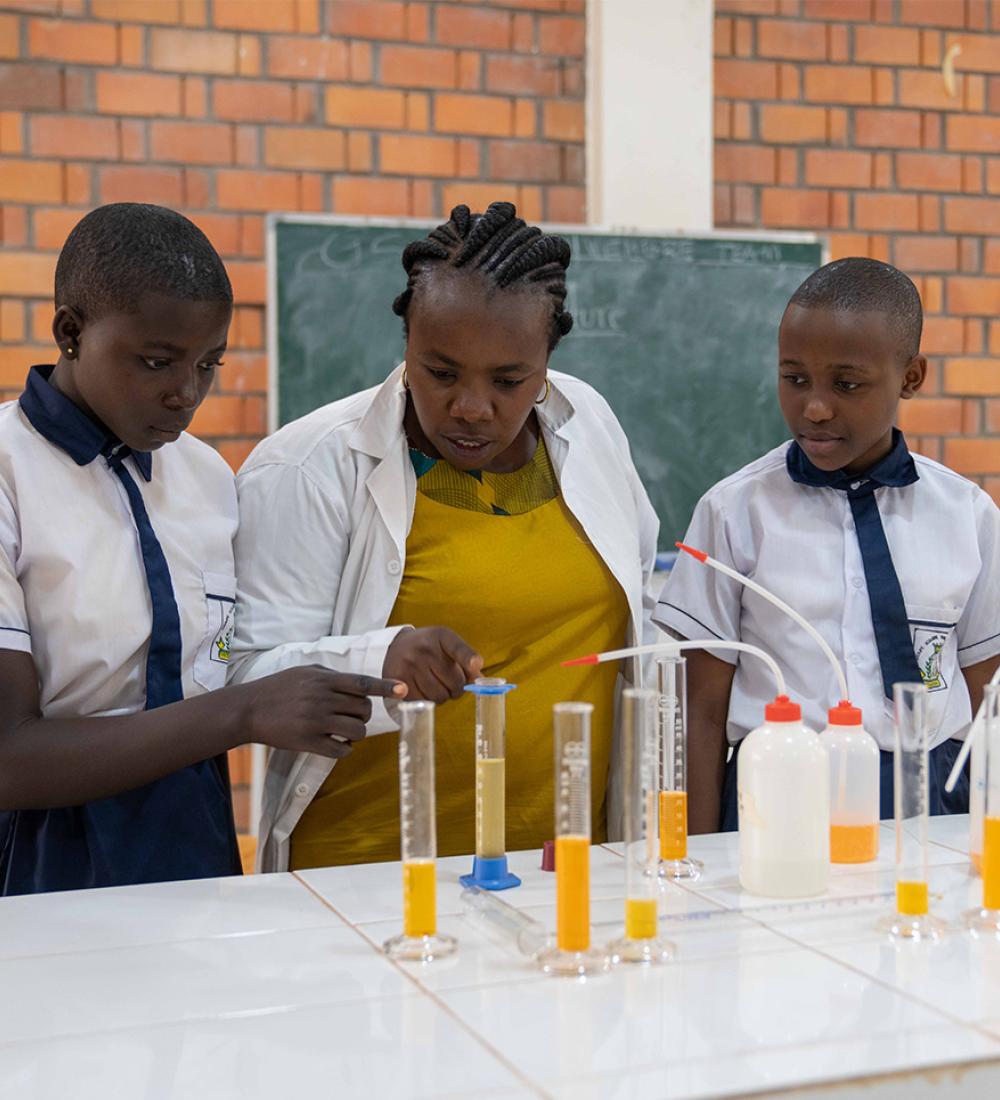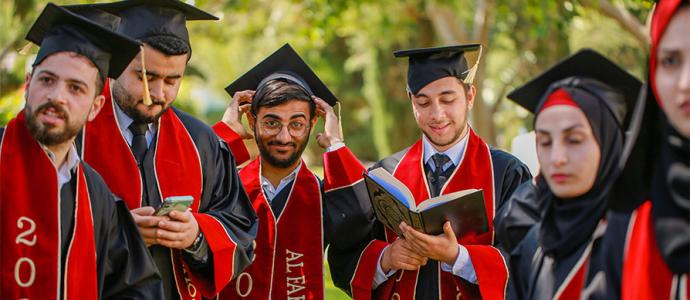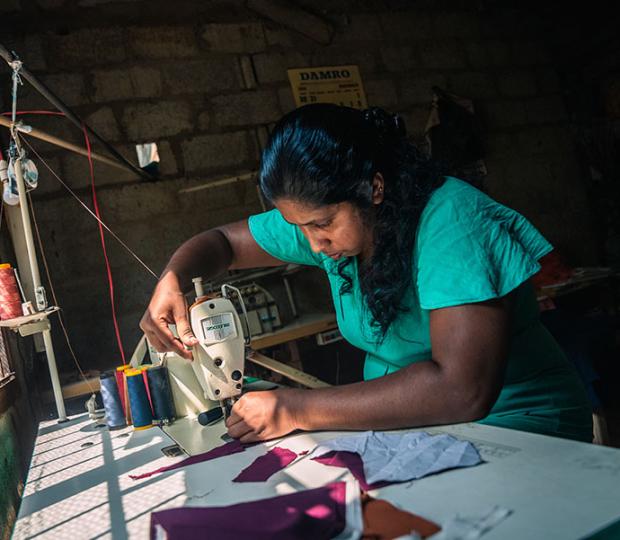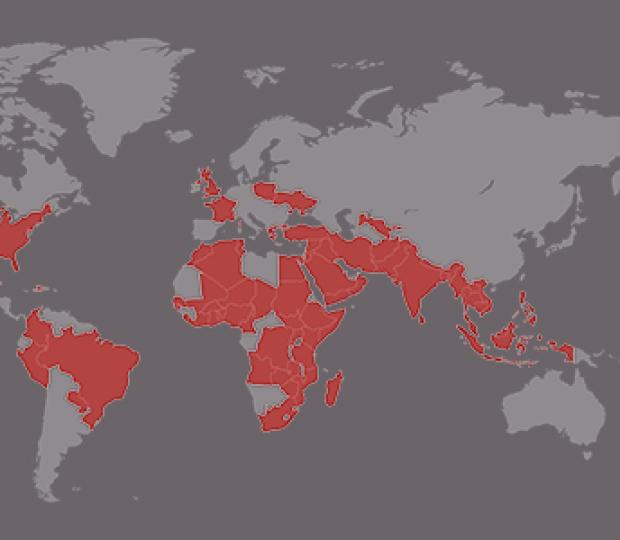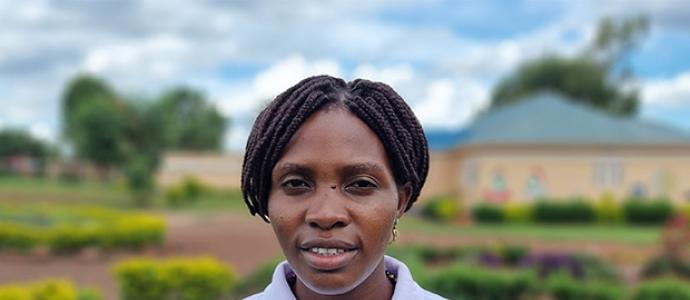EAA Foundation, Ministry of Education and Higher Education and UNESCO Host Orientation Workshop on UNESCO Qualifications Passport to Support Higher Education for Refugees
The Education Above All (EAA) Foundation and the Ministry of Education and Higher Education, in collaboration with UNESCO, are proud to partner and announce the orientation workshop for the UNESCO Qualifications Passport (UQP). This initiative aims to ensure access to tertiary and higher education for refugees and vulnerable migrants, contributing to their inclusion in different societies.
The UQP is a universal tool for recognition of prior learning that contributes to ensuring the right to access tertiary and higher education for forcibly displaced youth in the framework of the Sustainable Development Goal 4. Drawing on the successful model of the European Qualifications Passport for Refugees (EQPR) implemented by the Council of Europe, UNESCO has been pursuing the UQP initiative since 2019 to promote the inclusion agenda of forcibly displaced youth in the field of tertiary and higher education in close coordination and collaboration with national tertiary and higher education and refugee authorities and institutions and partners. Considering that only seven percent of refugee youth have access to higher education and that one of the principal barriers is the lack of documentation and insufficient conducive policy environment, the initiative effectively supports the transformation of national higher education system as well as the pursuit of further learning and subsequently employment for vulnerable youth affected by crises. UQP is one of UNESCO’s flagship initiatives contributing to the Global Compacts on Refugees and on Migration.
Qatar has played a pivotal role in this initiative, co-leading with UNESCO to address educational challenges for refugees and vulnerable migrants. This partnership highlights Qatar's commitment to promoting the UNESCO Qualifications Passport and facilitating the integration of displaced individuals into higher education systems globally.
The workshop convened top policymakers, international experts, academic institutions, and professional organizations. Discussions focused on the UQP's recognition methodology and promising practices, successfully implemented in Europe and Africa.
The event was moderated by Dr. Amir Dhia, Technical Manager of Higher Education at the Education Above All (EAA) Foundation, and included international speakers Min Jeong Kim, Director, Division for Education 2030 at the UNESCO Education Sector, Paris; Villano Qiriazi, Head of the Education Department, Council of Europe; Martin Beyer, Director and Lama Ounsi, Recognition Expert, of Enic-Naric Office, France Education International, France; Stella Chipeta, Head of Recognition, Zambia Qualifications Authority; and Dr. Prosper Ng’andu, Commissioner for Refugees, Ministry of Home Affairs and Internal Security, Republic of Zambia.
Welcome remarks by Mrs. Nourah Al-Ansari, Acting Director of Scholarships, Ministry of Education and Higher Education of Qatar, as well as Mr. Talal Al-Hothal, Director of Al Fakhoora Programme at the Education Above All Foundation. Their participation was followed by opening remarks from Mr. Salah Khaled, the Director of the UNESCO Doha Office. A series of consecutive sessions then explored the scope, implementation, and international impact of the UNESCO Qualifications Passport initiative.
Talal Al-Hothal, Director of the Al Fakhoora Programme at Education Above All Foundation, said: "We believe that education is a powerful catalyst for change, driving social and economic development across the globe. Through initiatives like the UNESCO Qualifications Passport, we are committed to enhancing educational opportunities and empowering individuals in crisis situations, ensuring that every learner has the tools they need to succeed in a rapidly evolving world."
Dr. Hareb Aljabri, Acting Assistant Undersecretary for Higher Education Affairs at the Ministry of Education and Higher Education of the State of Qatar stressed: “In light of the current severe conflicts and attacks across the globe, refugees and immigrants are facing hindering obstacles in resuming their higher education. The UNESCO Qualifications Passport initiative came as a flagship response to ensure their smooth integration into higher education; hence granting their right to continue learning for a better prospering future.”
Salah Khaled, the Director of the UNESCO Doha Office said: “Globally, only seven percent of crisis-affected youth have access to higher education, largely due to barriers related to recognition of prior learning. In other words, we are far off track in achieving the SDG4 goal by 2030. The UNESCO Qualifications Passport is driven by the vision that forcibly displaced persons are not a burden on societies, on the contrary, through their knowledge and skills, they can positively contribute to the inclusive and sustainable development of the world. In this sense, UNESCO looks forward to partnering with the State of Qatar and Education Above All Foundation.”
The workshop was a cornerstone event not only emphasizing the role of education in crisis situations but also showcasing the collaborative efforts of international bodies and local authorities in fostering educational resilience and mobility.
For media inquiries, please contact:
Patience Rusare
Senior Media Specialist
parusare@eaa.org.qa
+974-5993-1560
Mohamed Al-Amri
Senior Media Relations Specialist
msalih@eaa.org.qa
+974-5000-9960






